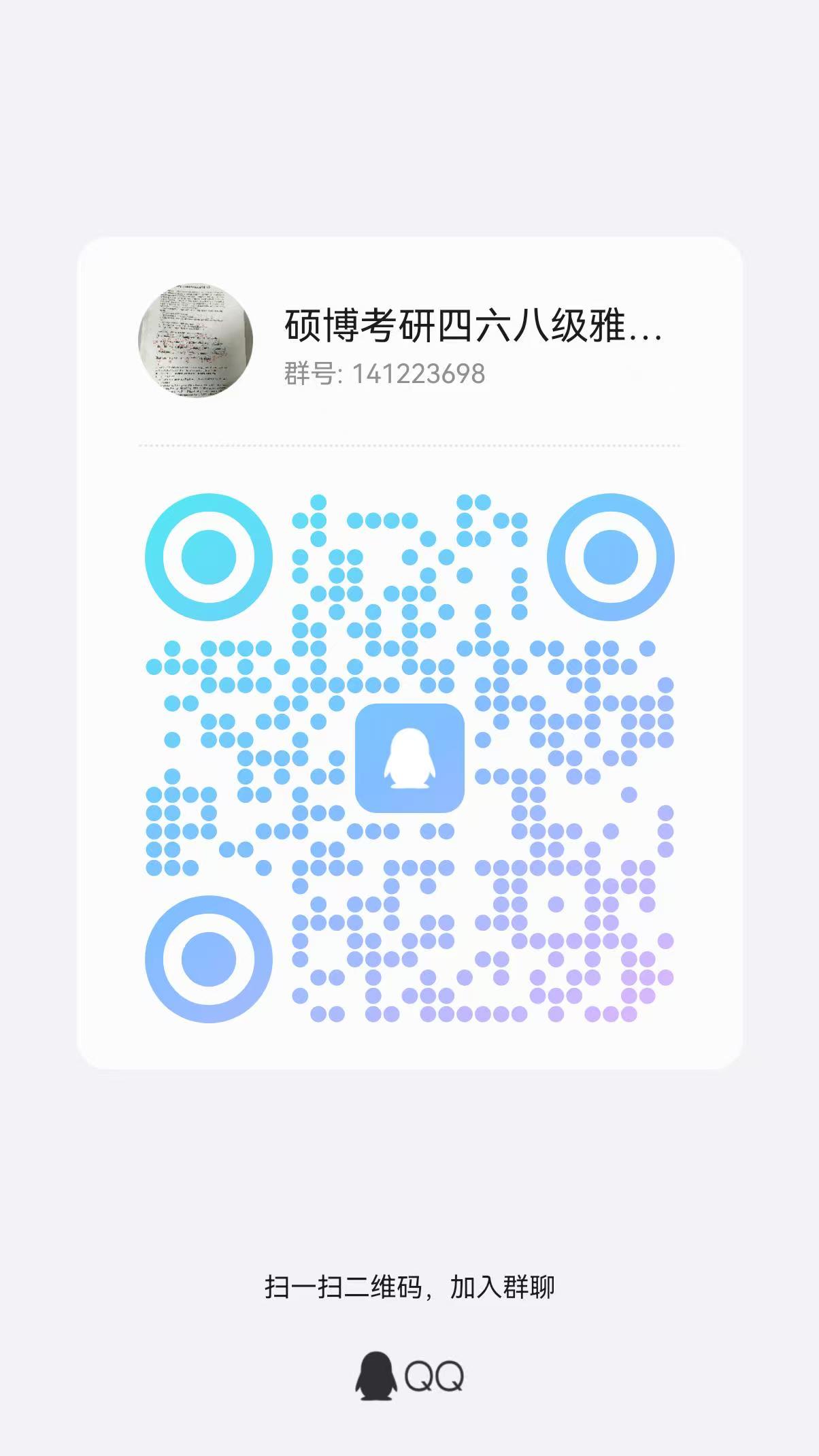Wd提问: 写论文ai软件
Ai批改: Here is a comprehensive outline for a paper on AI software:
Title: The Evolution and Impact of Artificial Intelligence Software: A Comprehensive Review
Introduction
Artificial intelligence (AI) software has revolutionized numerous industries and transformed the way we live, work, and interact with technology、From virtual assistants like Siri and Alexa to self-driving cars and personalized product recommendations, AI software has become an integral part of our daily lives、This paper provides an overview of the evolution of AI software, its applications, benefits, and challenges.
History of AI Software
The concept of AI dates back to the 1950s, when computer scientists like Alan Turing and Marvin Minsky began exploring the possibility of creating intelligent machines、However, it wasn't until the 1980s that AI software started to gain traction, with the development of expert systems and rule-based systems、The 1990s saw the rise of machine learning algorithms, which enabled computers to learn from data and improve their performance over time、In the 21st century, AI software has become increasingly sophisticated, with the development of deep learning algorithms, natural language processing (NLP), and computer vision.
Types of AI Software
There are several types of AI software, including:
1、Machine Learning (ML) Software: ML software enables computers to learn from data and improve their performance over time、Examples include predictive analytics, recommender systems, and image recognition software.
2、Natural Language Processing (NLP) Software: NLP software enables computers to understand, interpret, and generate human language、Examples include chatbots, virtual assistants, and language translation software.
3、Computer Vision Software: Computer vision software enables computers to interpret and understand visual data from images and videos、Examples include facial recognition software, object detection software, and self-driving cars.
4、Robotics Software: Robotics software enables robots to perform tasks that typically require human intelligence, such as assembly, navigation, and decision-making.
Applications of AI Software
AI software has numerous applications across various industries, including:
1、Healthcare: AI software is used in medical diagnosis, personalized medicine, and patient care.
2、Finance: AI software is used in risk management, portfolio optimization, and customer service.
3、Retail: AI software is used in personalized product recommendations, supply chain management, and customer service.
4、Transportation: AI software is used in self-driving cars, traffic management, and route optimization.
Benefits of AI Software
The benefits of AI software include:
1、Increased Efficiency: AI software can automate repetitive tasks, freeing up human resources for more strategic and creative work.
2、Improved Accuracy: AI software can analyze large amounts of data and make decisions faster and more accurately than humans.
3、Enhanced Customer Experience: AI software can personalize customer interactions, improving customer satisfaction and loyalty.
4、Competitive Advantage: AI software can provide businesses with a competitive advantage, enabling them to innovate and disrupt traditional industries.
Challenges and Limitations of AI Software
Despite the benefits of AI software, there are several challenges and limitations, including:
1、Bias and Discrimination: AI software can perpetuate biases and discriminatory practices if trained on biased data.
2、Job Displacement: AI software can automate jobs, potentially displacing human workers.
3、Security Risks: AI software can be vulnerable to cyber attacks and data breaches.
4、Explainability and Transparency: AI software can be difficult to interpret and understand, making it challenging to explain decisions and actions.
Future of AI Software
The future of AI software is promising, with potential applications in areas like:
1、Edge AI: AI software will be increasingly used in edge devices, such as smartphones, smart home devices, and autonomous vehicles.
2、Explainable AI: There will be a growing need for explainable AI software that can provide insights into decision-making processes.
3、Human-AI Collaboration: AI software will be designed to collaborate with humans, enhancing productivity and decision-making.
Conclusion
In conclusion, AI software has come a long way since its inception in the 1950s、From machine learning algorithms to natural language processing and computer vision, AI software has transformed numerous industries and aspects of our lives、While there are challenges and limitations to AI software, its potential benefits are undeniable、As AI software continues to evolve, it is essential to address the challenges and limitations, ensuring that AI software is developed and used responsibly.
References
1、Nilsson, N、J、(2009)、Artificial Intelligence: A Modern Approach、Prentice Hall.
2、Russell, S、J., & Norvig, P、(2010)、Artificial Intelligence: A Modern Approach、Prentice Hall.
3、Jordan, M、I., & Mitchell, T、M、(2015)、Machine Learning: Trends, Perspectives, and Prospects、Science, 349(6245), 257-260.
Let me know if you want me to expand on this or make any changes!
Here is the detailed article
The Evolution and Impact of Artificial Intelligence Software: A Comprehensive Review
Artificial intelligence (AI) software has revolutionized numerous industries and transformed the way we live, work, and interact with technology、From virtual assistants like Siri and Alexa to self-driving cars and personalized product recommendations, AI software has become an integral part of our daily lives、This paper provides an overview of the evolution of AI software, its applications, benefits, and challenges.
Introduction to AI Software
AI software refers to computer programs that use artificial intelligence techniques to perform tasks that typically require human intelligence, such as learning, problem-solving, and decision-making、AI software can be categorized into several types, including machine learning (ML) software, natural language processing (NLP) software, computer vision software, and robotics software.
History of AI Software
The concept of AI dates back to the 1950s, when computer scientists like Alan Turing and Marvin Minsky began exploring the possibility of creating intelligent machines、However, it wasn't until the 1980s that AI software started to gain traction, with the development of expert systems and rule-based systems、The 1990s saw the rise of machine learning algorithms, which enabled computers to learn from data and improve their performance over time、In the 21st century, AI software has become increasingly sophisticated, with the development of deep learning algorithms, NLP, and computer vision.
Types of AI Software
There are several types of AI software, including:
1、Machine Learning (ML) Software: ML software enables computers to learn from data and improve their performance over time、Examples include predictive analytics, recommender systems, and image recognition software.
2、Natural Language Processing (NLP) Software: NLP software enables computers to understand, interpret, and generate human language、Examples include chatbots, virtual assistants, and language translation software.
3、Computer Vision Software: Computer vision software enables computers to interpret and understand visual data from images and videos、Examples include facial recognition software, object detection software, and self-driving cars.
4、Robotics Software: Robotics software enables robots to perform tasks that typically require human intelligence, such as assembly, navigation, and decision-making.
Applications of AI Software
AI software has numerous applications across various industries, including:
1、Healthcare: AI software is used in medical diagnosis, personalized medicine, and patient care、For example, AI-powered algorithms can analyze medical images to detect diseases like cancer and diabetic retinopathy.
2、Finance: AI software is used in risk management, portfolio optimization, and customer service、For example, AI-powered chatbots can help customers with their queries and provide personalized investment advice.
3、Retail: AI software is used in personalized product recommendations, supply chain management, and customer service、For example, AI-powered algorithms can analyze customer behavior and preferences to provide personalized product recommendations.
4、Transportation: AI software is used in self-driving cars, traffic management, and route optimization、For example, AI-powered algorithms can analyze traffic patterns and optimize routes to reduce congestion and travel times.
Benefits of AI Software
The benefits of AI software include:
1、Increased Efficiency: AI software can automate repetitive tasks, freeing up human resources for more strategic and creative work.
2、Improved Accuracy: AI software can analyze large amounts of data and make decisions faster and more accurately than humans.
3、Enhanced Customer Experience: AI software can personalize customer interactions, improving customer satisfaction and loyalty.
4、Competitive Advantage: AI software can provide businesses with a competitive advantage, enabling them to innovate and disrupt traditional industries.
Challenges and Limitations of AI Software
Despite the benefits of AI software, there are several challenges and limitations, including:
1、Bias and Discrimination: AI software can perpetuate biases and discriminatory practices if trained on biased data.
2、Job Displacement: AI software can automate jobs, potentially displacing human workers.
3、Security Risks: AI software can be vulnerable to cyber attacks and data breaches.
4、Explainability and Transparency: AI software can be difficult to interpret and understand, making it challenging to explain decisions and actions.
Future of AI Software
The future of AI software is promising, with potential applications in areas like:
1、Edge AI: AI software will be increasingly used in edge devices, such as smartphones, smart home devices, and autonomous vehicles.
2、Explainable AI: There will be a growing need for explainable AI software that can provide insights into decision-making processes.
3、Human-AI Collaboration: AI software will be designed to collaborate with humans, enhancing productivity and decision-making.
Conclusion
In conclusion, AI software has come a long way since its inception in the 1950s、From machine learning algorithms to natural language processing and computer vision, AI software has transformed numerous industries and aspects of our lives、While there are challenges and limitations to AI software, its potential benefits are undeniable、As AI software continues to evolve, it is essential to address the challenges and limitations, ensuring that AI software is developed and used responsibly.
Recommendations
Based on the benefits and challenges of AI software, we recommend:
1、Responsible AI Development: AI software should be developed and used responsibly, with consideration for bias, fairness, and transparency.
2、Investment in AI Education: There is a need for education and training programs that focus on AI development, deployment, and ethics.
3、Regulatory Frameworks: Regulatory frameworks should be established to ensure that AI software is developed and used in a way that benefits society.
References
1、Nilsson, N、J、(2009)、Artificial Intelligence: A Modern Approach、Prentice Hall.
2、Russell, S、J., & Norvig, P、(2010)、Artificial Intelligence: A Modern Approach、Prentice Hall.
3、Jordan, M、I., & Mitchell, T、M、(2015)、Machine Learning: Trends, Perspectives, and Prospects、Science, 349(6245), 257-260.
0
IP地址: 119.120.242.89
搜索次数: 581
提问时间: 2025-04-21 05:57:01
热门提问:
炒外汇是什么意思呢
ai绘画渲染关键词
工商银行今天黄金价格
黄金去那回收
黄金哪家平台好
域名买卖是什么意思
外汇论坛网站
耳环耳坠耳钉哪个好
国内没有外汇平台
怎么投资外汇赚钱
豌豆Ai站群搜索引擎系统
关于我们:
三乐Ai
作文批改
英语分析
在线翻译
拍照识图
Ai提问
英语培训
本站流量
联系我们

温馨提示:本站所有问答由Ai自动创作,内容仅供参考,若有误差请用“联系”里面信息通知我们人工修改或删除。
技术支持:本站由豌豆Ai提供技术支持,使用的最新版:《豌豆Ai站群搜索引擎系统 V.25.05.20》搭建本站。
















